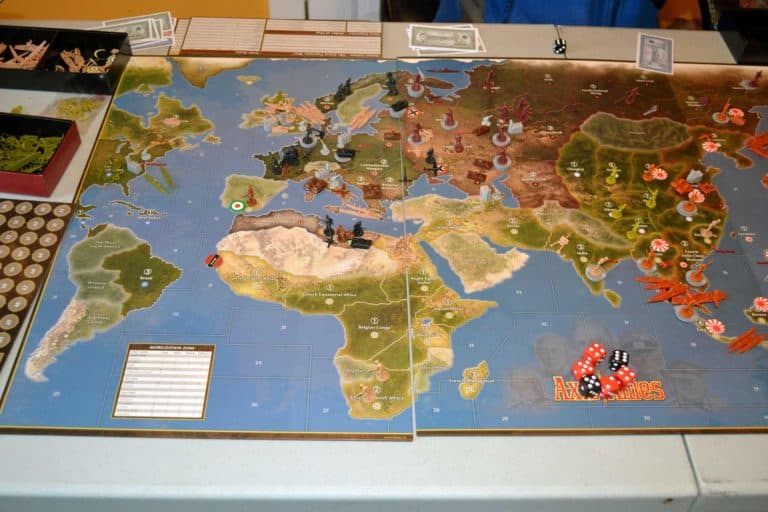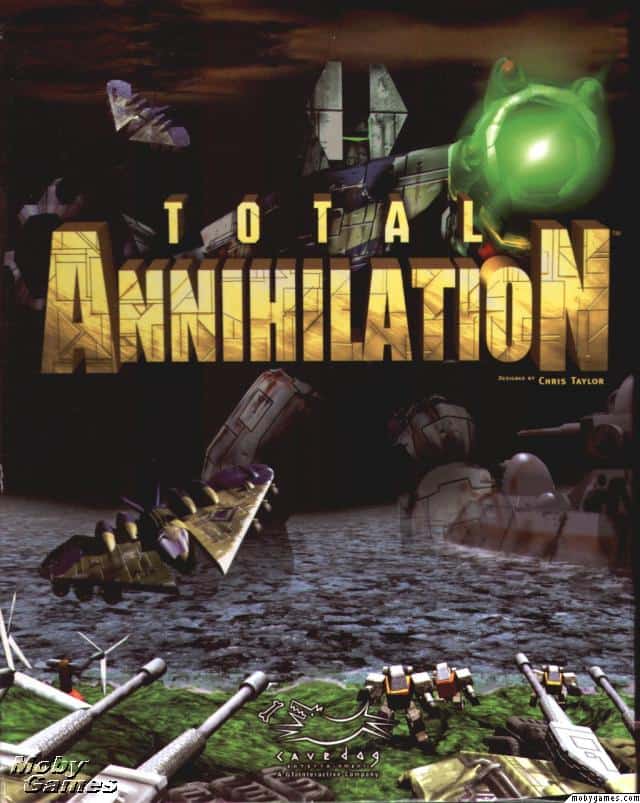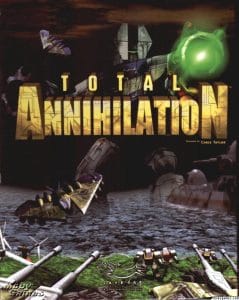 Video games allow players a chance to take basic gaming concepts and expand them out to their natural conclusions. Gamers have been playing at war from the earliest days of the PC, taking the games they loved on the tabletop and finding new ways to interact with those same mechanics. When it comes to war, the obvious solution was to put pieces in motion. Instead of taking turns, players would be able to guide units while they were in motion. Once games started moving into real time, war games would never be the same.
Video games allow players a chance to take basic gaming concepts and expand them out to their natural conclusions. Gamers have been playing at war from the earliest days of the PC, taking the games they loved on the tabletop and finding new ways to interact with those same mechanics. When it comes to war, the obvious solution was to put pieces in motion. Instead of taking turns, players would be able to guide units while they were in motion. Once games started moving into real time, war games would never be the same.
The real time strategy genre has become more popular over the years, especially now that the internet can connect players from across the world. These games are a combination of strategy and learning, in which players must know must their opponents and the systems of the game. These games require the ability to manage an economy and an army all at once, putting any player’s skills to the test. Even those who play only casually will admit that RTS games require a great deal of brainpower.
Looking at the growth of the RTS genre can be an interesting exercise. Certain concepts start off as novel, then become the norm, and are finally found obsolete. As these games grow, so too do the ways that they are played.






